China Purchases Land Near 19 US Military Bases Sparking Major Spying Fears
As China purchased more land in the US, sparking concerns about how and why the foreign entity is buying a majority of the farmland, investigators discovered that much of the land purchased is near 19 military bases.
Some of the Chinese-owned American land is strategically located near military installations from Florida to Hawaii, raising concerns about national security.
China’s Ownership of US Land
While China owns less than 1% of US land – with the majority owned by Canada (31%) and the Netherlands (12%) – they own land in 33 states.
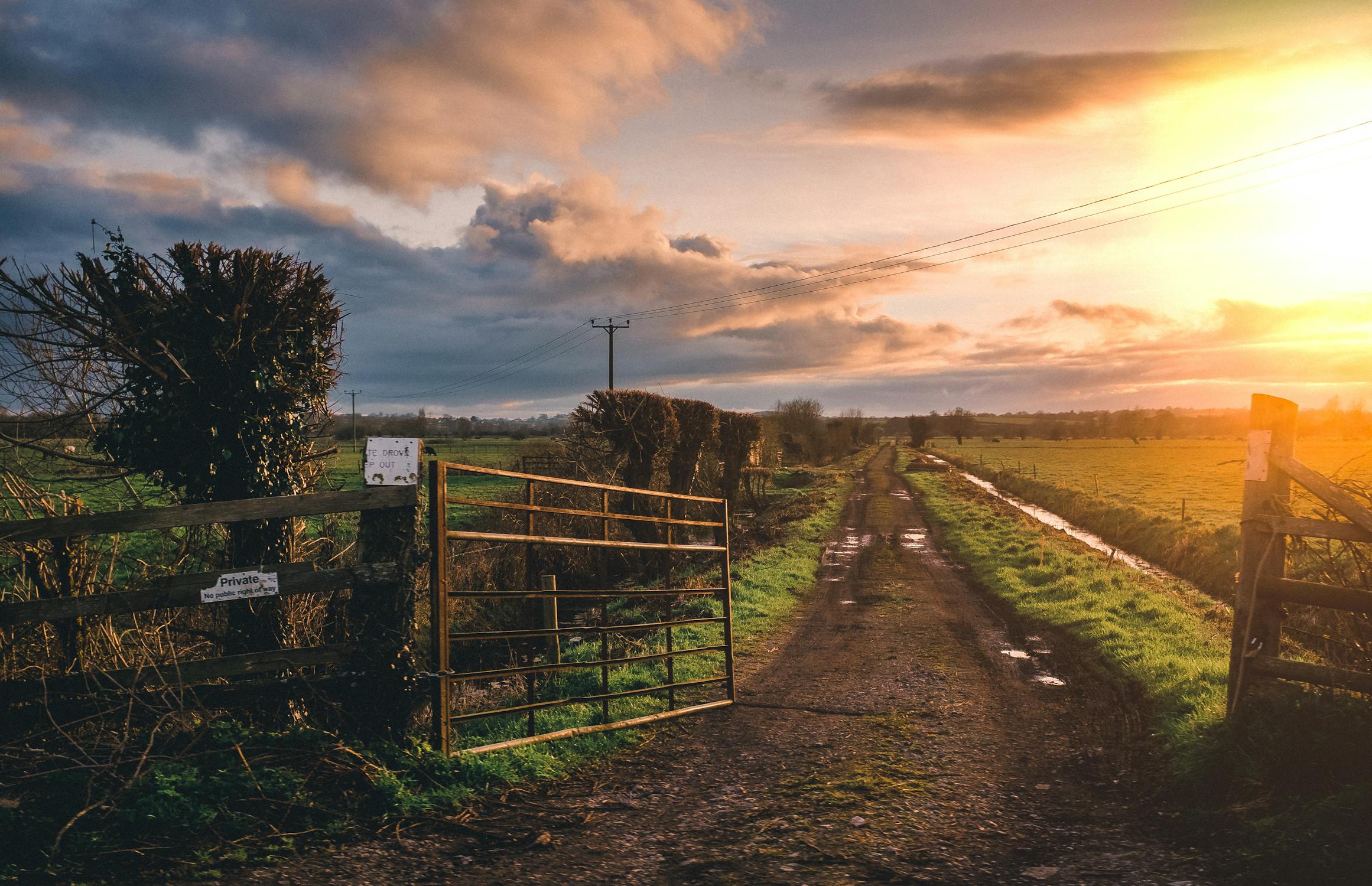
Source: Chanita Sykes/Pexels
In 2023, lawmakers introduced at least 81 bills banning Chinese ownership of US land as the federal government ramped up efforts to restrict or investigate Chinese-owned businesses like TikTok and Temu.
The China Owned Land Is Near Military Sites
One of those investigations found that key bases near these Chinese-owned farmlands – including Fort Liberty in North Carolina, Fort Cavazos in Texas, Marine Corps Base Camp Pendleton in California, and MacDill Air Force Base in Florida – are at risk for potential espionage.
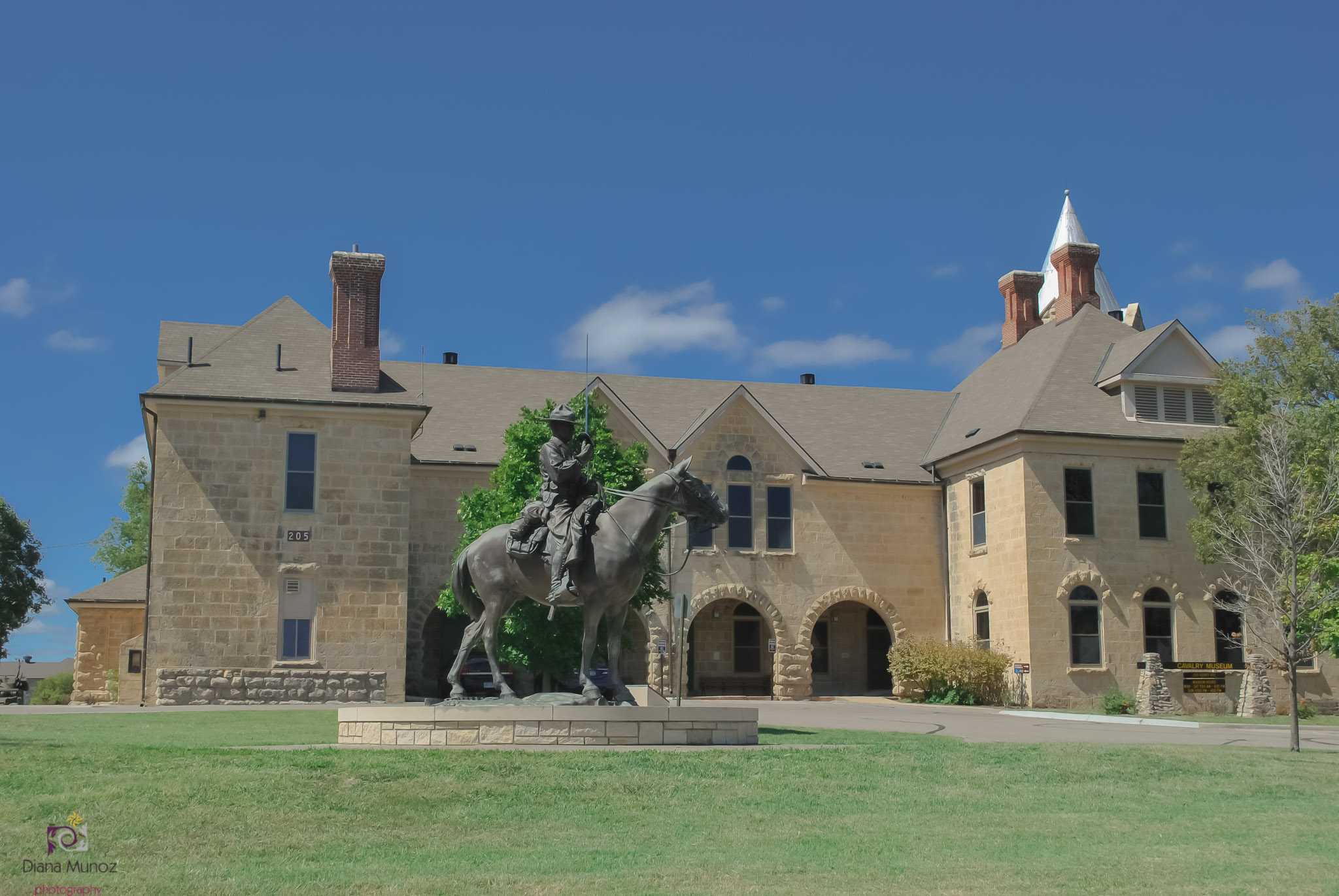
Source: Wikimedia Commons
One retired brigadier general told the New York Post about the threats that China now poses to the US due to the shortcomings of the US Department of Agriculture (USDA).
A Growing Concern
“It is concerning due to the proximity to strategic locations,” Robert S. Spalding III told the New York Post. “It is alarming that we do not have laws on the books that would prevent the Chinese from buying property in the US.”
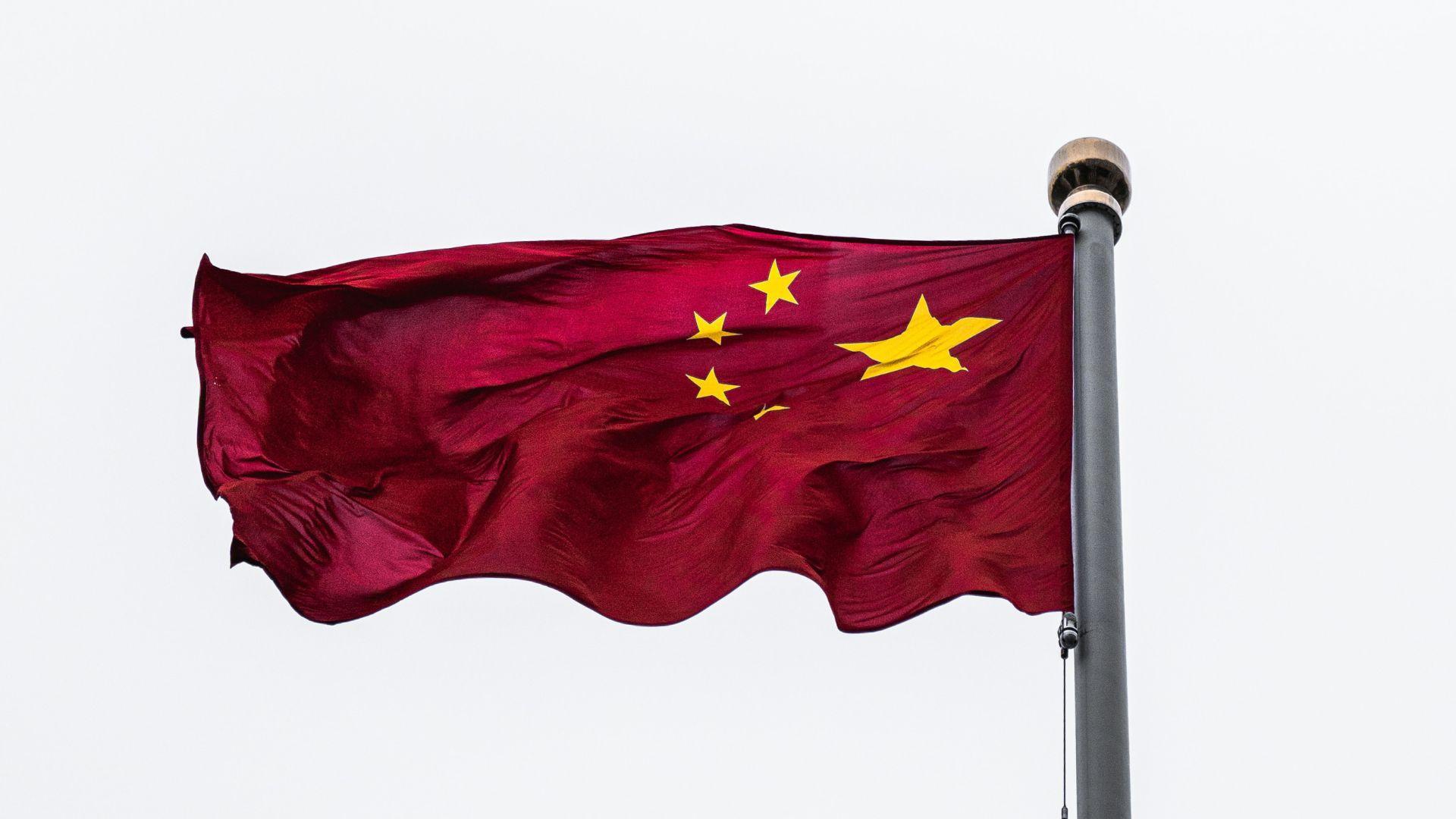
Source: Alejandro Luengo/Unsplash
China could use these farmlands for reconnaissance, surveillance, and deploying drones to monitor military operations.
Echoing Fears of the Cold War
Spalding III’s fears of Chinese-owned US land echo the lingering worries of the Cold War when the US and the now-dissolved USSR experienced geopolitical tension after the events of World War II.

Source: Nathan Cowley/Pexels
“They are a communist dictatorship no different from the [Soviet Union], except they have been integrated into the global economic system. This makes them even more dangerous than the USSR because of their political influence,” Spalding III said.
Attempted Breaches to Military Sites
Reports have documented over 100 attempted breaches by Chinese nationals into US military facilities, which further intensifies the fears.

Source: Somchai Kongkamsri/Pexels
The report details that these Chinese “gate crashers,” sometimes posing as tourists, have attempted to access US military bases and other sensitive sites.”
Who Really Owns The Land?
Many notable Chinese figures, including billionaires like Sun Guangxin, who owns land near Laughlin Air Force Base in Texas, have invested in US farmland. Some state senators are worried about the risks, even though these owners have not been directly linked to spying.

Source: Polina Rytova/Unsplash
As the proximity of the farmland to military sites came to light, lawmakers increased scrutiny and pushed for new legislation.
The Challenges in National Security
The US Defense Department, the Federal Bureau of Investigation, and other agencies are working to uncover the potential threats of espionage activities on American soil by Chinese “gate crashers.”

Source: Rosemary Ketchum/Pexels
However, security challenges are proving to be difficult for the US, as the rising number of Chinese nationals attempting to breach military sites and those apprehended at the US-Mexico border have increased.
China’s Increases US Landownership Over 40 Years
Over the last 40 years, Chinese corporations and investors have bought land in the US and purchased major food companies like Smithfield Foods, the US’s largest pork processor.
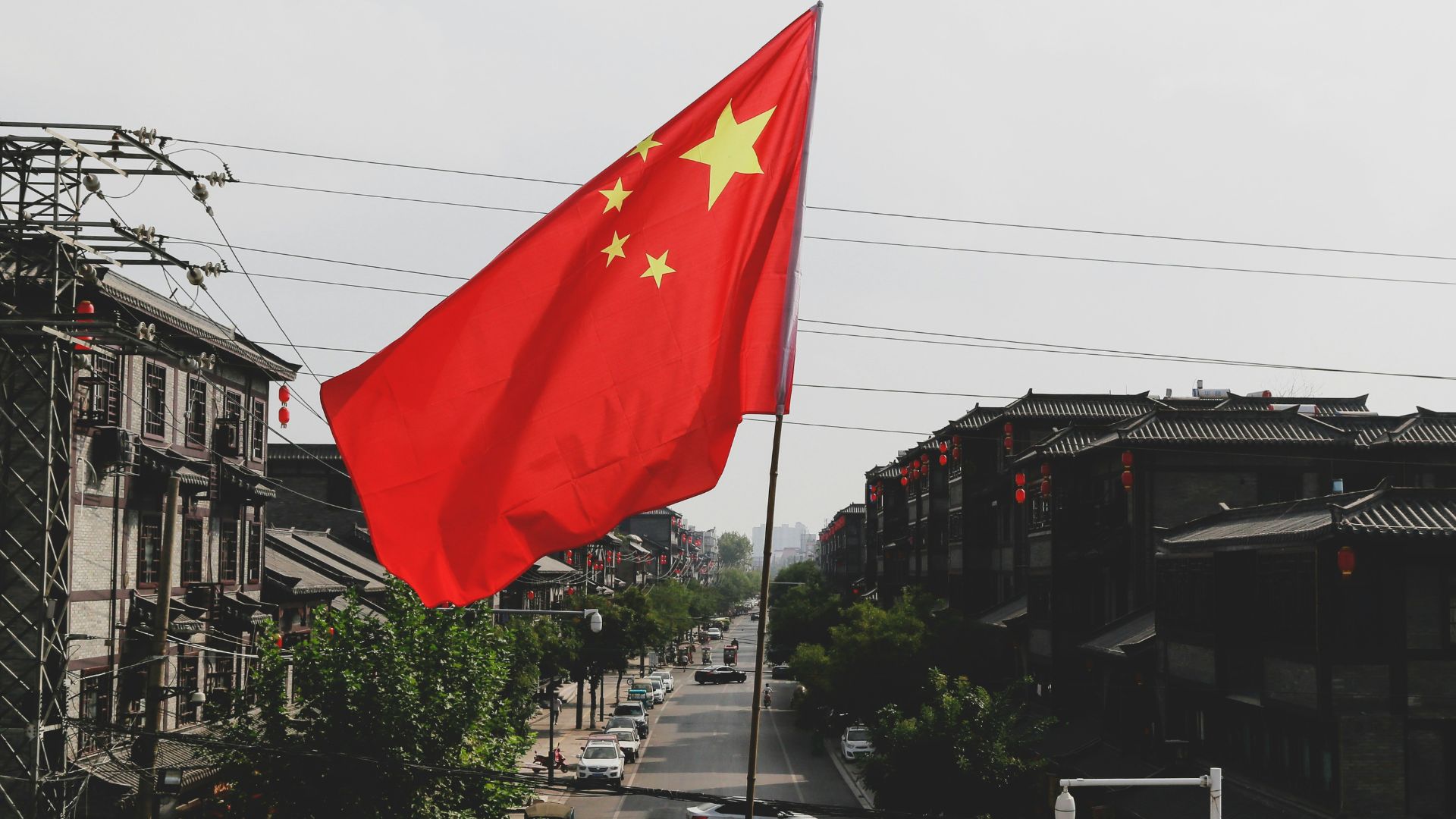
Source: / Ricardo/Unsplash
While legislation in Congress is now trying to restrict Chinese ownership of US land as tensions grow between the two superpowers, the fault falls on the shoulders of the USDA.
The Shortcomings of the USDA
Foreign individuals or entities that buy or lease US agricultural land are required to report the transaction to the USDA within 90 days, but they failed to report many of these transactions for years. In one case, they did not report a transaction for more than 20 years.
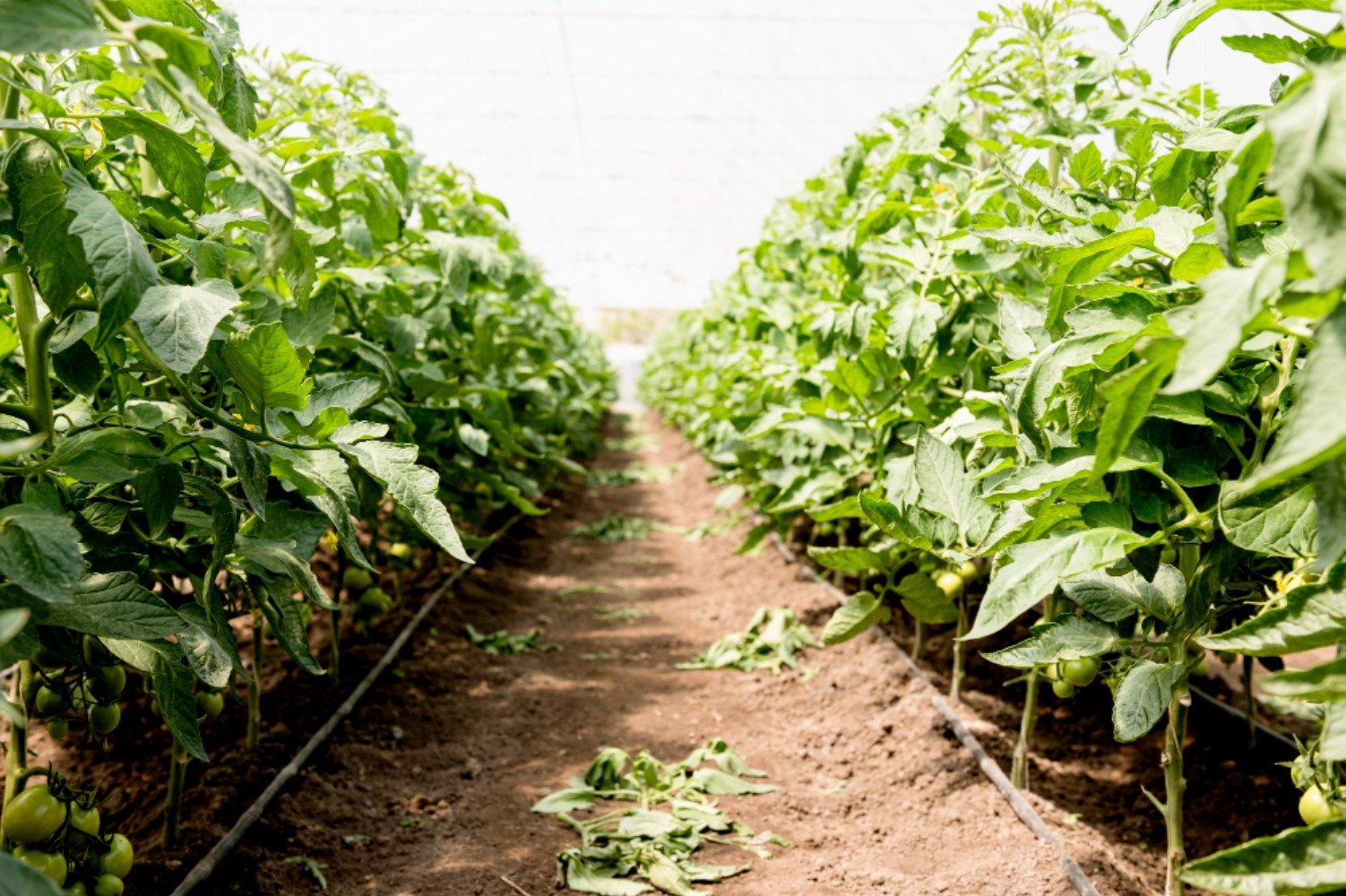
Source: Freepik
The USDA, which is responsible for tracking these transactions, failed to report the ownership of the land and follow up on those who failed to report within the time limit.
Addressing Issues Between China and the US
“There are important issues to be addressed between the US and China,” said Jim Monroe, Smithfield’s vice president of corporate affairs told NCBC News. “Ownership of U.S. agricultural land is not one of them.”

Source: Andrea Piacquadio/Pexels
One of the many threats Chinese-owned farmland poses to the US is control over the domestic food supply.
Gaps in the Data
Another point of concern for the US is the gap in data showing where Chinese-owned land is located and whether it is near military installations.

Source: Brett Sayles/Pexels
In one case of a transaction in North Dakota, a government agency said it could not approve the purchase because it was ‘out of its jurisdiction,’ (via NPR). Current efforts are underway to determine these locations and create legislation that gives the government jurisdiction to identify where Chinese-owned land is located.
